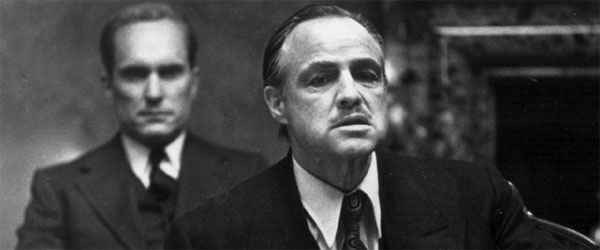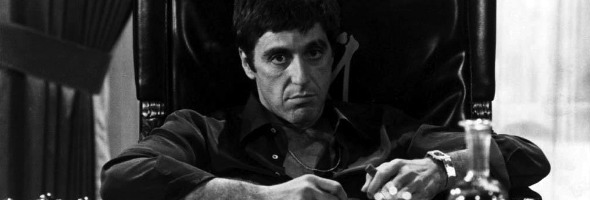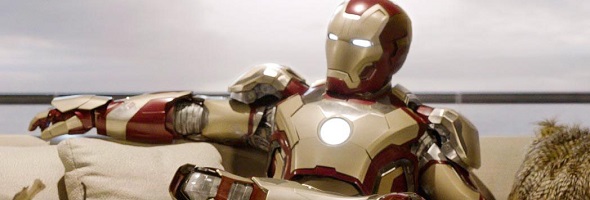The Anti-Hero Rises
The 1970s saw a resurgence of the mob film genre that had taken off in the 1930s. With films like The Godfather, Mean Streets and The Godfather: Part Two coming out in successive years and reshaping the cinematic landscape, it would not be a stretch to call the 70s the decade of the anti-hero. At a time when the world was coming up with new ways to challenge the status quo, these on-screen troublemakers were becoming the perfect artistic expression of anti-authoritarian sentiment. Forty years on and audiences are now enraptured not with the likes of the anti-hero, but with the superhero. Men in capes, spandex and iron suits are the new saviours of cinema. Similar to the steady rise of the gangster genre, the superhero genre had its beginnings in the noughties but became the dominant form in the 2010s. Equally similar to the gangster genre, superheroes have become the latest conduit of the frustrations facing the world today. And, contrary to the word ‘hero’ in their name, they are as much an expression of discontent as their gun toting predecessors.
Their emotional similarities – flawed, scarred and usually selfish – aside, there are striking resemblances that make both gangsters and superheroes strongly anti-authority. They are both reviled by the status quo. This is easy enough to understand when considering the Corleone family, for instance, whose actions are directly antagonistic to local government. But consider superheroes for a moment. You would be hard-pressed to name a single film in this genre where the word ‘vigilante’ is not implied, if not directly used. The police are notorious for their bumbling failure to capture the protagonist in these stories. Of course, in both cases, we cheer on every effort to thwart the elite. In Scarface, we are genuinely satisfied when Tony Montana becomes the head honcho of his operations despite our better judgement. And Iron Man 2 would not be half as entertaining without Senator Stern’s comeuppance at the hands of one Tony Stark. Even the big blue Boy Scout himself is considered a threat in Man of Steel. And yet we never side with the government. As the downtrodden masses, we are much happier to side with the outcast, the everyman, never mind that we might not be able or even willing to do the same things they do.
It is worth pointing out that these charming, steel-jawed and, yes, violent, anti-heroes have become popular in times of discontent. We might go to the movies in order to escape from reality, but woe betide anyone who thinks film-makers are simply here to make a quick buck. The 70s saw the rise of anti-Vietnam sentiment, the rapid growth of the civil rights movement and a general feeling of hostility towards power figures post-Watergate. Fast forward to the present, and Occupy, the Arab Spring and the debacles of government scandal after government scandal dominate the socio-political landscape. If life truly is the muse of art, then it should be no wonder that we will always be ready to root for the ‘underdog’, not the ‘establishment’, never mind the fact the person we root for might not appear to be the same all the time. Or maybe we just really hate taking direction.



Comments